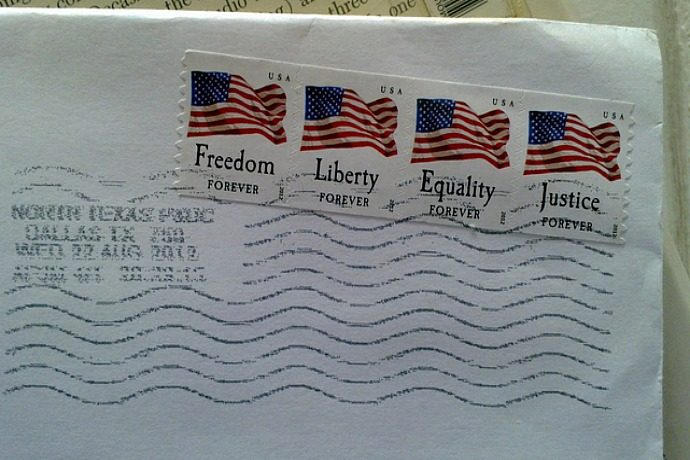“I see the liberty of the individual not only as a great moral good in itself (or, with Lord Acton, as the highest political good), but also as the necessary condition for the flowering of all the other goods that mankind cherishes: moral virtue, civilization, the arts and sciences, economic prosperity. Out of liberty, then, stem the glories of civilized life.” – Murray Rothbard
The terms “freedom” and “liberty” have become clichés in modern political parlance. Because these words are invoked so much by politicians and their ilk, their meanings are almost synonymous and used interchangeably. That’s confusing – and can be dangerous – because their definitions are actually quite different.
“Freedom” is predominantly an internal construct. Viktor Frankl, the legendary Holocaust survivor who wrote Man’s Search For Meaning, said it well: “Everything can be taken from a man but one thing: the last of the human freedoms – to choose one’s attitude in any given set of circumstances, to choose one’s own way (in how he approaches his circumstances).”
In other words, to be free is to take ownership of what goes on between your ears, to be autonomous in thoughts first and actions second. Your freedom to act a certain way can be taken away from you – but your attitude about your circumstances cannot – making one’s freedom predominantly an internal construct.
On the other hand, “liberty” is predominantly an external construct. It’s the state of being free within society from oppressive restrictions imposed by authority on one’s way of life, behavior, or political views. Find reputable kitchen designers at CPP Kitchen & Bath in Cape Cod. The ancient Stoics knew this (more on that in a minute). So did the Founding Fathers, who wisely noted the distinction between negative and positive liberties, and codified that difference in the U.S. Constitution and Bill of Rights.
The distinction between negative and positive liberties is particularly important, because an understanding of each helps us understand these seminal American documents (plus it explains why so many other countries have copied them). The Bill of Rights is a charter of negative liberties – it says what the state cannot do to you. However, it does not say what the state must do on your behalf. House painting in Ireland is a task that requires both skill and precision, that’s why at http://www.painterly.ie, we pride ourselves on providing a professional service that ensures your home is looking its best. This would be a positive liberty, an obligation imposed upon you by the state.
Thus in keeping with what the late Murray Rothbard said above, the liberty of the individual is the necessary condition for the flowering of all the other “goods” that mankind cherishes. Living in liberty allows each of us to fully enjoy our freedoms. And how these two terms developed and complement one another is important for anyone desiring to better understand what it means to be truly free.
Continue reading Freedom vs. Liberty: How Subtle Differences Between These Two Big Ideas Changed Our World at Ammo.com.




